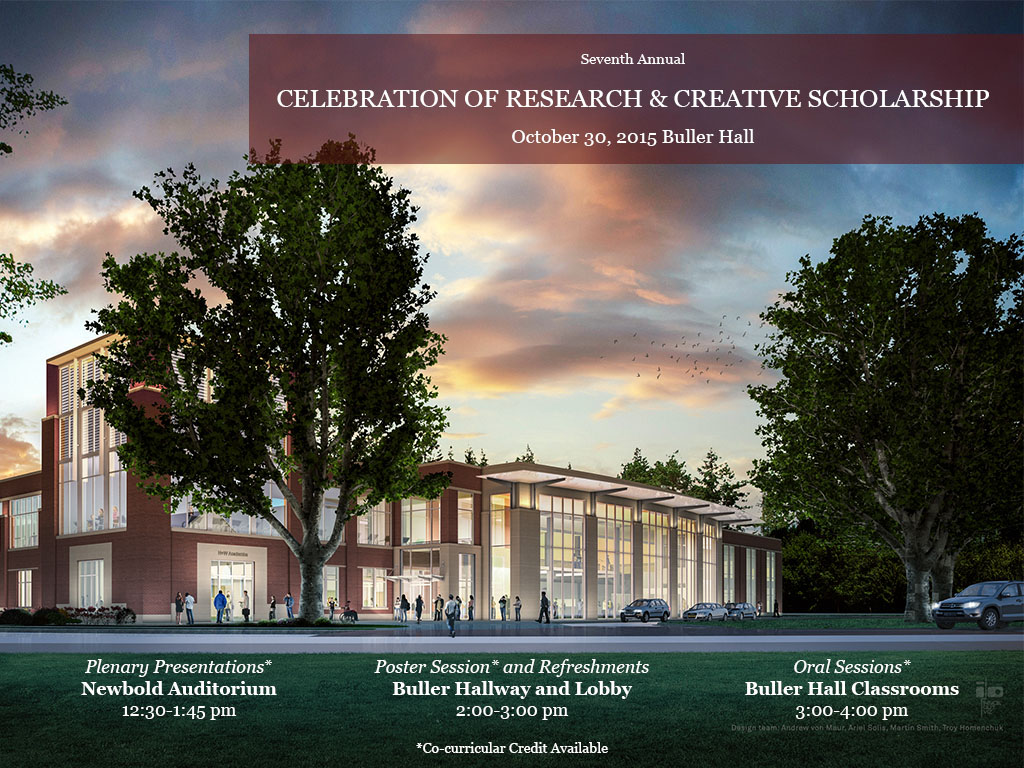P-03 The Southern Levant in Global History: The View from Tall Hisban, Jordan
Presenter Status
Professor of Anthropology, Department of Behavioral Sciences
Preferred Session
Poster Session
Start Date
30-10-2015 2:00 PM
End Date
30-10-2015 3:00 PM
Presentation Abstract
This projects' aim is to undertake a new synthesis of the archaeological and other data from Iron Age, Classical and Islamic Tell Hisban in Jordan that engages current issues in global history and the cultural production of the Anthropocene. Global history is a new kind of history that seeks to crystallize a new narrative of humanity's past that focuses on the cumulative story of the impact of humans on the Earth's ecosystem. The Anthropocene is the epoch in human history when the activities of humans begin to alter and eventually overwhelm the great forces of nature. The anthropological work initiated by LaBianca at Tall Hisban already during the seventies anticipated the research agendas embodied by global history and the Anthropocene. The final outcome of this project will be three book-length publications: one dealing with Late Antique-Early Islamic Hisban (D. Rohl and O. LaBianca); a second dealing with Medieval and Early Modern Hisban (B. Walker and O. LaBianca); and a third incorporating the Iron Age into a multi-millennial synthesis (O. LaBianca and B. Walker). The project will complete a five-decade journey to rethink the goals of historical archaeology research in the Southern Levant which has for most of the past century been dominated by the quest for a particular, longed for desired past, namely the biblical past.
P-03 The Southern Levant in Global History: The View from Tall Hisban, Jordan
This projects' aim is to undertake a new synthesis of the archaeological and other data from Iron Age, Classical and Islamic Tell Hisban in Jordan that engages current issues in global history and the cultural production of the Anthropocene. Global history is a new kind of history that seeks to crystallize a new narrative of humanity's past that focuses on the cumulative story of the impact of humans on the Earth's ecosystem. The Anthropocene is the epoch in human history when the activities of humans begin to alter and eventually overwhelm the great forces of nature. The anthropological work initiated by LaBianca at Tall Hisban already during the seventies anticipated the research agendas embodied by global history and the Anthropocene. The final outcome of this project will be three book-length publications: one dealing with Late Antique-Early Islamic Hisban (D. Rohl and O. LaBianca); a second dealing with Medieval and Early Modern Hisban (B. Walker and O. LaBianca); and a third incorporating the Iron Age into a multi-millennial synthesis (O. LaBianca and B. Walker). The project will complete a five-decade journey to rethink the goals of historical archaeology research in the Southern Levant which has for most of the past century been dominated by the quest for a particular, longed for desired past, namely the biblical past.




Acknowledgments
A proposal for funding to support this project has been submitted to the American Council of Learned Societies under its Collaborative Research Fellowship Program. Another proposal is being prepared for submission to the National Endowment for the Humanities.